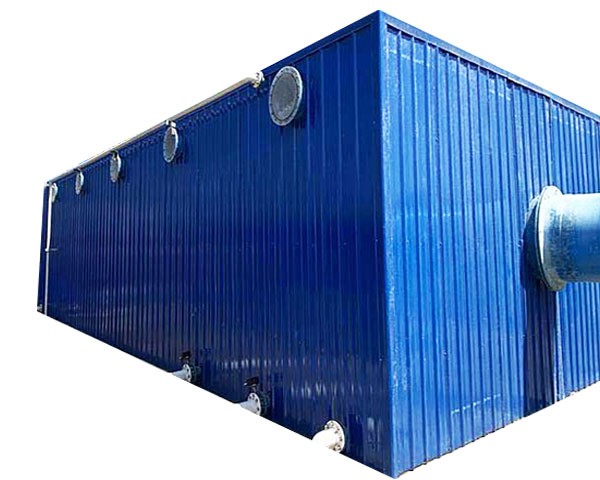As industrial activities grow, so does the challenge of managing unpleasant odors generated by waste treatment, chemical processes, and organic decomposition. These odors are more than just a nuisance—they may contain volatile organic compounds (VOCs) and toxic gases that can affect health and the environment.
One of the most sustainable and effective ways to address this issue is through biological deodorization. But how exactly does it work? And which type of equipment is most effective?
Let’s break it down with insights from Chaori Purification.

Biological deodorization relies on naturally occurring microorganisms to break down and neutralize odorous compounds in exhaust gases.
During this process, the microorganisms metabolize the pollutants, converting them into harmless substances such as:
Carbon dioxide (CO?)
Water (H?O)
Non-toxic cellular matter
This transformation occurs through biochemical reactions that take place within a structured filtration system.
How the Odor Removal Process Works
The biological deodorization process is typically carried out in a biofilter tower, often referred to as a biological deodorization tower or bio-scrubber.
Key Stages:
Gas Inlet from the Bottom
The odorous air enters the tower from the lower section.
Gas-Packing Contact Zone
Inside the tower, the air passes through a filter bed packed with bio-media, where microorganisms are attached. These media provide a large surface area for gas-liquid contact.
Absorption & Biodegradation
Pollutants dissolve into a thin moisture film on the media and are then absorbed by the microbes. Through metabolic activity, the microbes break down these compounds into environmentally benign substances.
Clean Air Discharge
The treated, odor-free air is released from the top of the tower, completing the purification process.
At Jiangsu Chaori Environmental Protection Equipment Co., Ltd., we manufacture horizontal purification towers that are specially designed for efficient biological deodorization.
Key Features:
? High deodorization efficiency
? Low energy consumption
? Low operating noise
? Easy maintenance
? Adaptable to various industries: chemical, electronics, metallurgy, machinery, and more
This system offers a reliable and eco-friendly solution for industrial odor control.
Operational Best Practices
To maintain optimal performance of the deodorization system, keep the following in mind:
Check the fan and water pump regularly for proper operation.
Monitor the liquid level in the storage tank, and ensure it's within the normal range.
Maintain the oil level in the fan bearing seat.
Assign trained personnel for system management and maintenance.
Replace the neutralizing solution every 15 days to maintain deodorization efficiency.
Recommended Odor Control Equipment: Horizontal Bio-Deodorization Tower